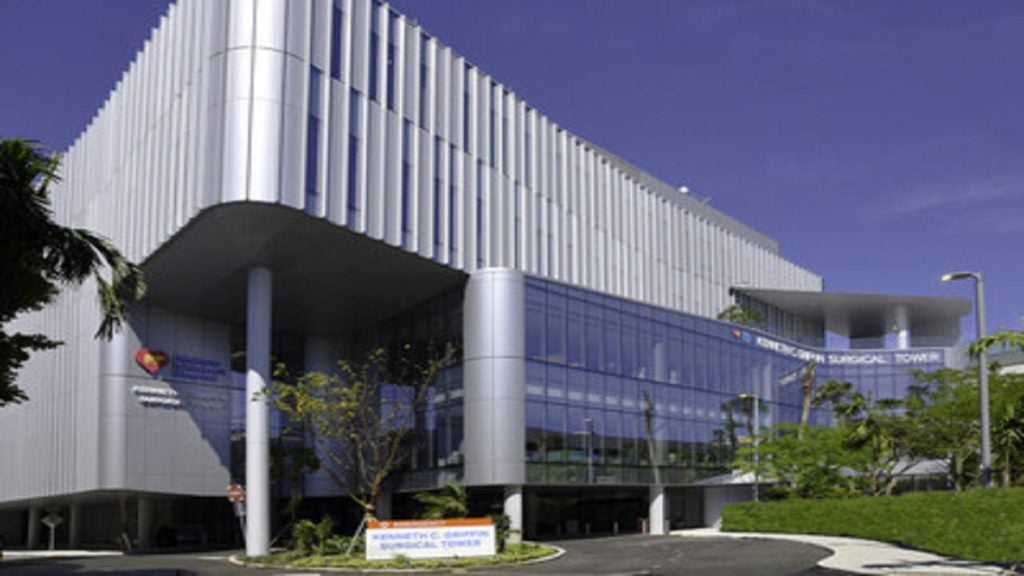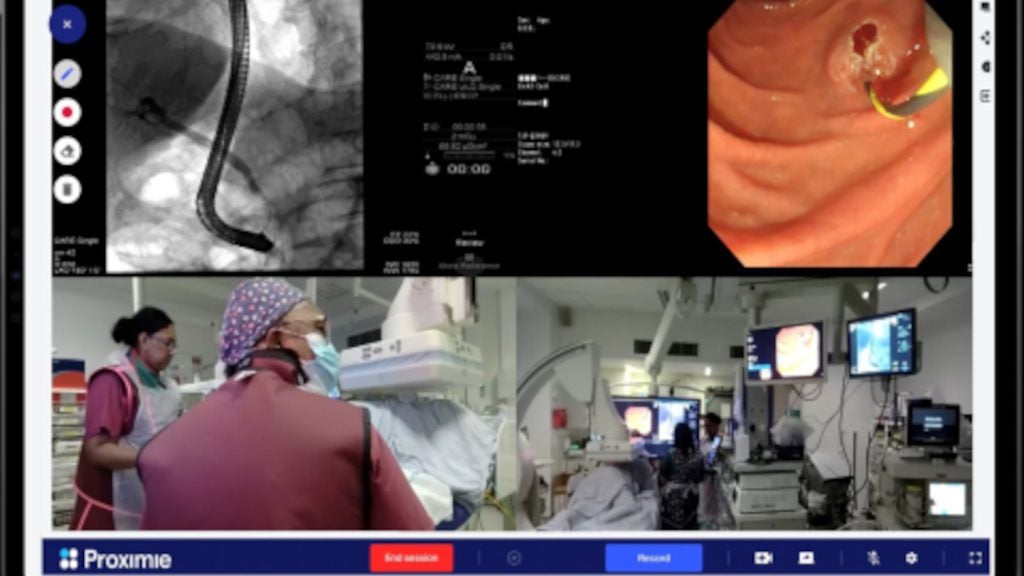
The Icahn School of Medicine at Mount Sinai in New York and the Chiba Institute of Technology (CIT) in Japan have entered a memorandum of understanding (MoU) to work on using artificial intelligence (AI) for cardiovascular disease research.
They will leverage AI together to make clinical trials faster and more efficient, improve patient care, and find new treatments for heart patients.
In addition, the collaboration seeks to improve the understanding, prevention, and treatment of cardiovascular disease globally.
CIT president Joichi Ito said: “This Memorandum of Understanding marks the beginning of a fruitful partnership between CIT and ISMMS.
“We’re confident that combining our expertise in computer science with Icahn Mount Sinai’s remarkable work in medicine will result in pioneering advancements and tangible benefits for patients worldwide.”
As part of this alliance, Mount Sinai and CIT will conduct clinical trials across the globe using AI in fields including interventional cardiology, cardiac electrophysiology, heart failure, cardiac imaging, and preventive cardiology.
How well do you really know your competitors?
Access the most comprehensive Company Profiles on the market, powered by GlobalData. Save hours of research. Gain competitive edge.

Thank you!
Your download email will arrive shortly
Not ready to buy yet? Download a free sample
We are confident about the unique quality of our Company Profiles. However, we want you to make the most beneficial decision for your business, so we offer a free sample that you can download by submitting the below form
By GlobalDataThey will also focus on reducing bias related to gender and race in AI-driven cardiovascular research, with the goal of enhancing patient care and outcomes.
Researchers from CIT will visit Mount Sinai Heart to learn about the latest advancements in cardiovascular care, and Mount Sinai researchers will travel to CIT to gain technological expertise.
Mount Sinai Heart director Deepak L. Bhatt and Icahn Mount Sinai cardiovascular medicine professor Dr. Valentin Fuster said: “Clinical cardiovascular diseases are areas of utmost priority and concern worldwide.
“Our partnership with the Chiba Institute of Technology presents an invaluable opportunity to harness the power of computational sciences, pushing the boundaries of what we can achieve.
“I firmly believe that our joint initiatives will contribute to advances in these fields, helping us create a healthier world.”
Mount Sinai Heart is a hospital in the US for cardiology and heart surgery while CIT specialises in technological innovations and research spanning various fields, including robotics, computer science, and AI.







